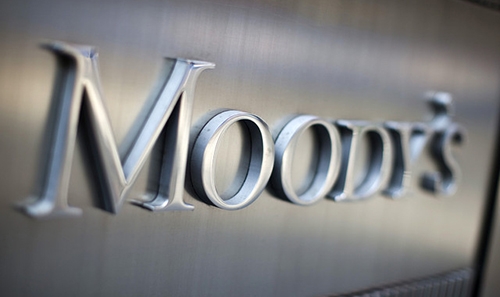GCC reforms credit positive
Manama: The Gulf Cooperation Council (GCC) governments’ reforms of energy subsidies, including for electricity and water, will likely result in the strengthening of the utilities sector’s standalone credit quality, said a Moody’s report yesterday.
“The low oil price environment could potentially lead to utilities facing higher funding costs in the future if bank lending were to become constrained. However, it is also adding momentum to existing efforts that are likely to improve GGC utilities’ standalone credit quality over time,” says Julien Haddad, an analyst at
Moody’s.
“We expect firms to benefit from greater operating efficiencies, which along with the tariff hikes could lead to a rationalisation of power consumption in the region and enable companies to enhance their capital expenditure planning.”
According to Moody’s, unbundled distributors will benefit the most from the increases in tariffs in the short term. Distribution companies in unbundled systems, such as those in Oman, will gain from the reduction in subsidies to end-consumers as their revenues are directly linked to tariffs. Fully integrated utilities, such as Saudi Electricity Company (SEC, A1 on review for downgrade), will also be positively affected. For other rated players, the effects will be credit neutral, the report added.
Moody’s further pointed that the low oil price environment is adding momentum to existing efforts that are likely to improve GGC utilities’ standalone credit quality over time. This according to the report include improvements in operating efficiencies, which along with the tariff hikes, could lead to a rationalisation of power consumption in the region and enable companies to enhance their capital expenditure (capex) planning.
All rated GCC utilities are government-related issuers (GRIs) and their final ratings reflect both ongoing government support factored into standalone credit profiles as well as our assumptions regarding uplift for extraordinary government support. However, GCC utilities could face some short-term risks. The current macroenvironment in the GCC could potentially lead to utilities facing higher funding costs in the future if bank lending were to become constrained, the report warned.
Oman currently has the highest subsidies for residential consumers of electricity and Dubai has the lowest based on the actual cost per kilowatt hour (kWh), the report said.
The report also pointed out that there are execution risks associated with the growing involvement of the private sector, either through IPPs or the unbundling of the systems, in markets where regulatory frameworks are less developed and less predictable. For example, a lack of clarity in certain areas, such as potential returns on investment, could hamper external investment and potentially slow down the development of the industry.
Related Posts

